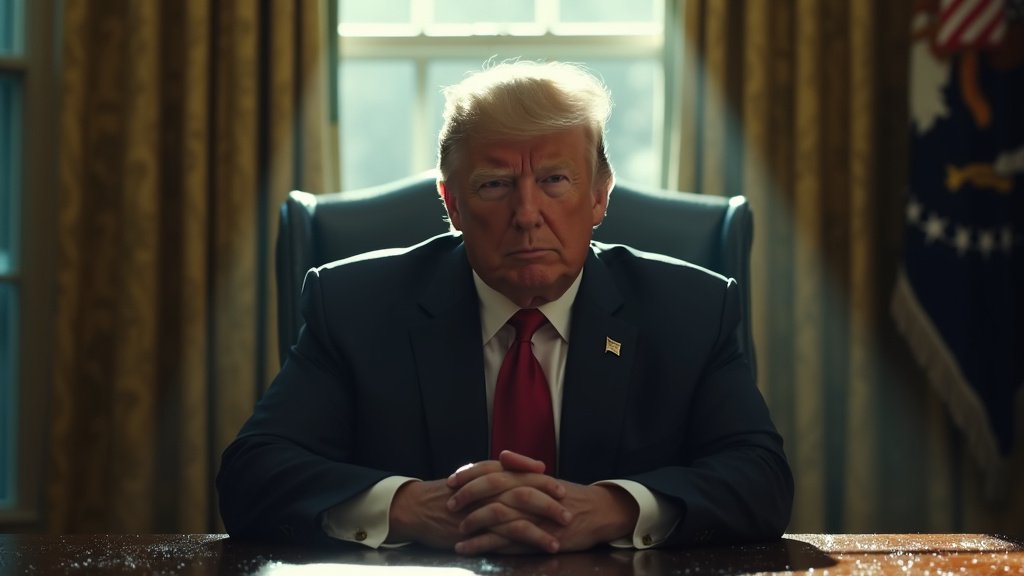President Donald Trump’s administration is maintaining an aggressive stance on trade, signaling potential new tariffs and trade actions against several nations, even as the U.S. Senate grapples with foreign policy and domestic initiatives.
Trade Policy Under Fire
The President has continued his aggressive trade policy, recently imposing a significant 50% tariff on Brazilian imports. This move, alongside sanctions placed on a judge overseeing the prosecution of former Brazilian President Jair Bolsonaro, has drawn sharp criticism from allies of the Brazilian leader, who have described the actions as an “attack on Brazilian democracy.” Trump has also announced a 15% tariff on South Korean imports as part of a trade deal and has indicated potential measures against India and Pakistan due to ongoing trade disputes. These developments suggest a continued focus on leveraging trade as a foreign policy tool ahead of key deadlines.
Senate Divided on Arms Sales and Foreign Relations
In parallel, the United States Senate has rejected a bid to halt arms sales to Israel, revealing a notable division within the Democratic Party. A resolution to block the sale of 20,000 automatic assault rifles failed, with 27 Democrats voting in favor of the block. Separately, 24 Democrats voted to halt a $675 million shipment of bombs to Israel. However, all Republican senators opposed these measures, highlighting a bipartisan consensus on continued military support for Israel despite growing concerns over the nation’s actions in Gaza.
This vote underscores a widening rift within the Democratic Party concerning support for Israel’s military operations. The split reflects differing views on how to balance long-standing alliances with increasing international pressure and domestic calls for accountability.
Domestic Initiatives and Political Maneuvers
Domestically, the Trump administration’s initiative to allow private tech companies to manage sensitive personal health data has raised significant concerns. The policy shifts the management of private health information to third-party companies, prompting questions about data security and privacy.
In other political news, Vice President Kamala Harris announced she will not be running for California governor, an announcement that leaves the state’s gubernatorial race considerably more open. This decision impacts the landscape of state-level politics.
Economic Policy and Judicial Appointments
The Federal Reserve has decided to hold interest rates unchanged, citing economic uncertainty as the primary reason. This decision comes despite persistent pressure from President Trump to lower interest rates, reflecting the central bank’s independent stance on monetary policy.
Meanwhile, a senior Republican legislator, Senator Roger Wicker, is reportedly planning a trip to Taiwan. This planned visit occurs amidst growing concerns that President Trump is diminishing American interest in relations with Taiwan in favor of strengthening ties with China. The senator’s trip could signal a different approach to the region by some in Congress.
Adding to the complex web of appointments, the Senate confirmed Emil Bove, a former attorney for Donald Trump, to a lifetime position on the U.S. Court of Appeals for the Third Circuit. This confirmation proceeded despite whistleblower accusations that have been leveled against him, marking a significant judicial appointment.
These diverse developments, from international trade disputes and foreign arms sales to domestic policy shifts and judicial confirmations, collectively illustrate a period of intense activity and significant policy decisions that are actively shaping American politics and its global relationships.












